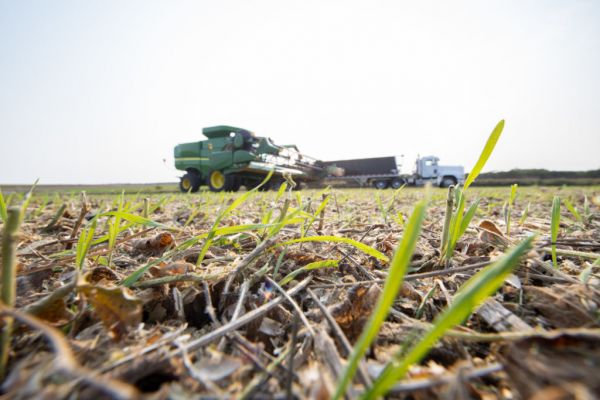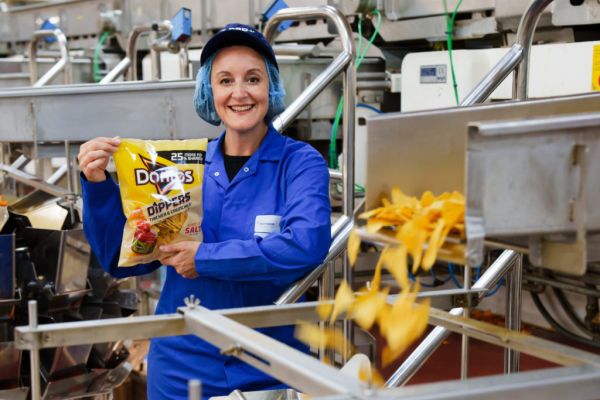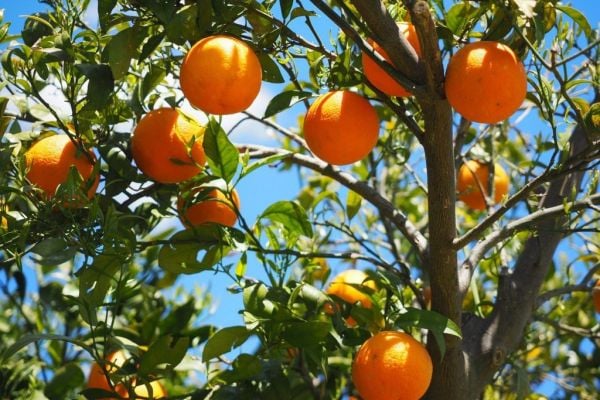Cargill Inc seeks to boost its use of biofuels in a bunkering trial and plans to order methanol-fuelled ships as part of its plans to cut emissions, a senior executive of the global commodities trader said.
One of the world's biggest ship charterers, Cargill has been testing the operational performance of biofuels in its vessels since the start of the year as it steps up efforts to go green.
The trial aims to boost vessels' use of biofuels to 50,000 tonnes by mid- or end-2023, up from 12,000 tonnes since January, the firm's marine fuels lead, Olivier Josse, said at a conference in Singapore.
Transition to FAME
"We are going to bring some Fatty Acid Methyl Ester (FAME) and do some blending in the fourth quarter in Singapore," he said, referring to the bio-content blended with fossil diesel fuel to make biodiesel.
The move to blend FAME in Singapore aims to try to understand the demand and appetite of customers for biofuels as a bunkering fuel, Josse added at the event, the Singapore International Bunkering Conference and Exhibition (SIBCON) 2022.
Cargill is also testing and piloting the use of methanol as shipping fuel, he said.
"We are in the process of tendering for dual fuel methanol ships which will be delivered in a couple of years."
Carbon Emissions
Global shipping accounts for nearly 3% of the world's CO2 emissions, since about 90% of world trade is transported by sea.
By 2050, the International Maritime Organization (IMO) aims to halve the industry's greenhouse gas emissions from 2008 levels. This target will require rapid development of zero- or low-emission fuels and new designs for ships.
Last year, Cargill said it had cut nearly 1.5 million tonnes of gross carbon emissions from its fleet since 2017.
It has also been working with technology partners to fit sails on some vessels, which will cut carbon emissions by up to 30% by harnessing wind power.
Josse said Cargill's first such wind-powered vessel would be delivered in early 2023, adding that he also sees methanol, ammonia and biofuels in an alternative fuel mix in future.
"Wind will hopefully take a big part of our fuel mix," he added.
News by Reuters, edited by ESM – your source for the latest supply chain news. Click subscribe to sign up to ESM: European Supermarket Magazine.














